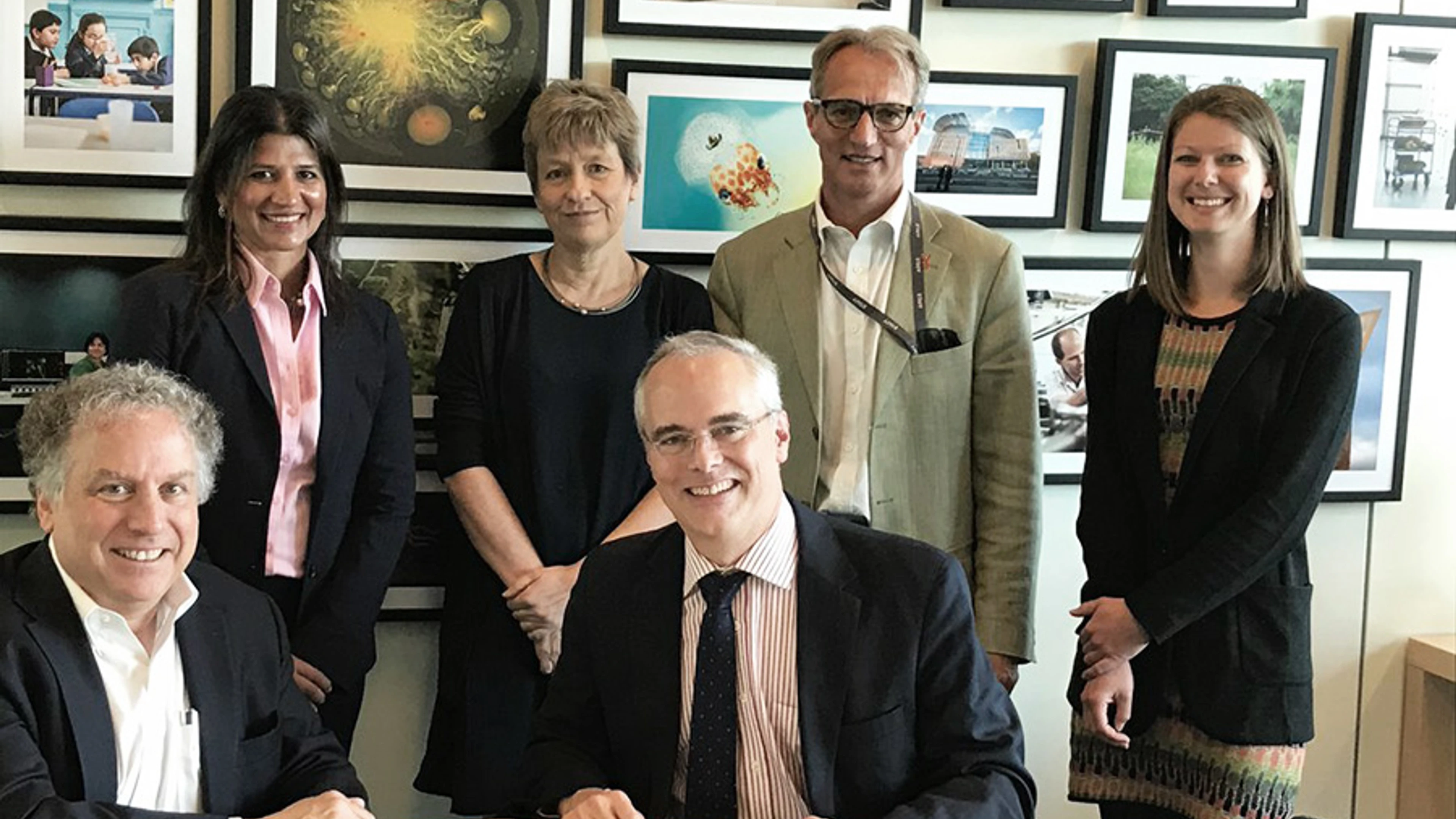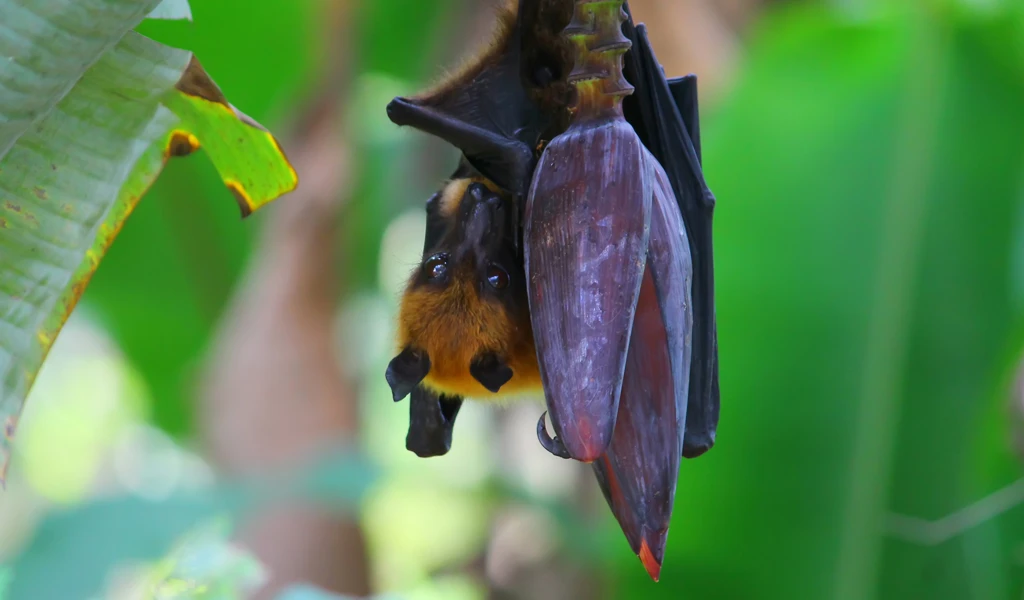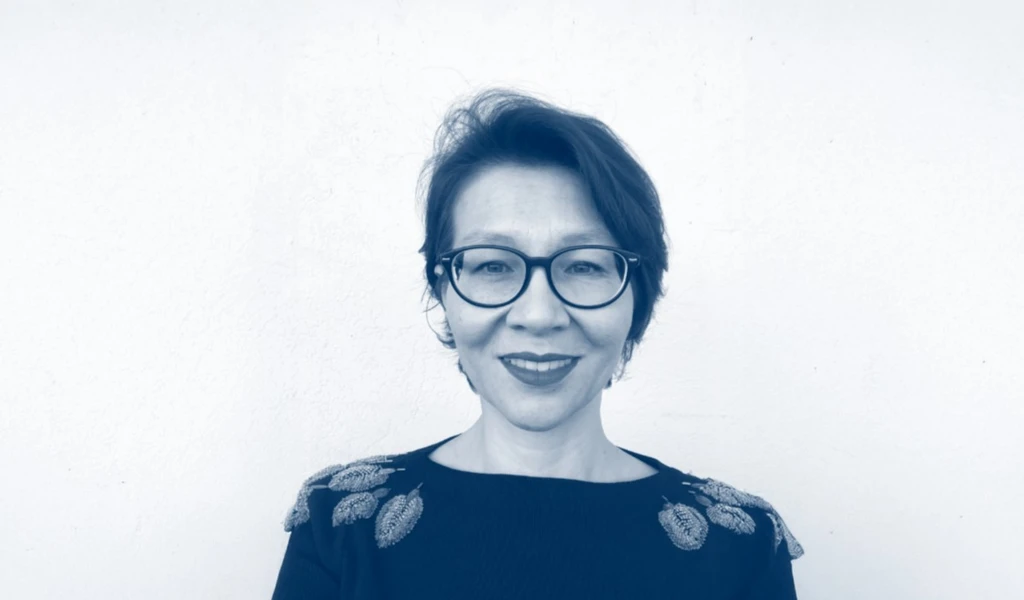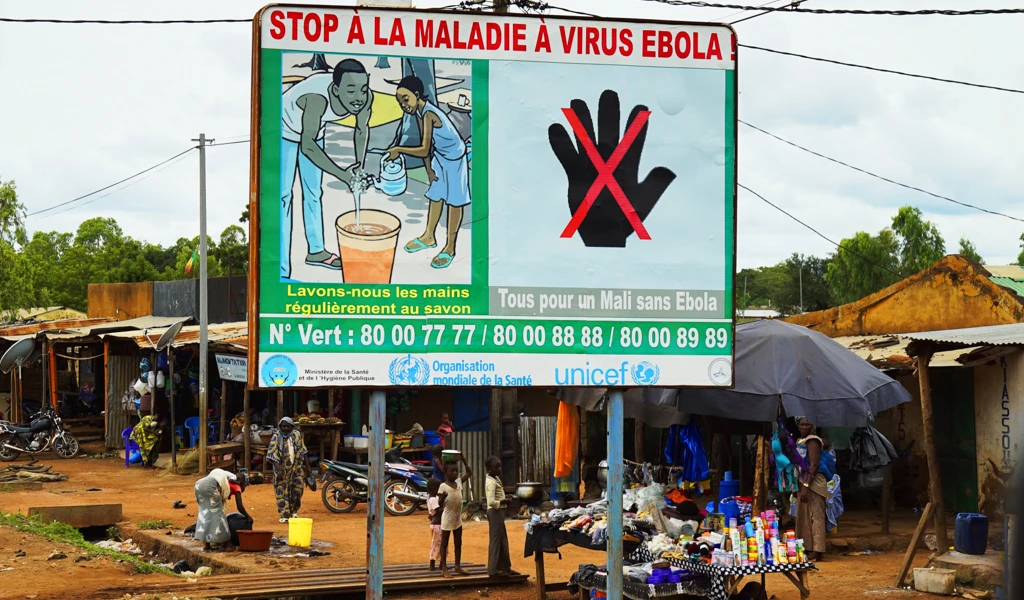CEPI Partners with the International AIDS Vaccine Initiative to Advance Lassa Fever Vaccine Development

Organizations aim to tackle WHO priority disease and to stockpile emergency vaccines
NEW YORK and OSLO — May 21, 2018 — The Coalition for Epidemic Preparedness Innovations (CEPI) and the International AIDS Vaccine Initiative (IAVI) announced a partnership today to develop a new vaccine candidate against Lassa fever virus with the goal of creating a stockpile to address future outbreaks.
The partnership will support the development of IAVI's replicating viral vector-based Lassa vaccine candidate, rVSVΔG-LASV-GPC. CEPI will provide US$10.4 million to support the first phase of the project, with options to invest up to a total of US$54.9 million over five years (including stockpile). CEPI is providing support to IAVI to develop the vaccine based on previous findings that the vaccine induced strong immune responses and was highly efficacious in animal models.
An estimated 100,000 to 300,000 Lassa fever cases are diagnosed annually, resulting in approximately 5,000 deaths. Despite this high morbidity and mortality, no vaccine for Lassa fever vaccine is currently available. Lassa fever is a disease endemic to West Africa associated with annual outbreaks as evidenced by the ongoing outbreak in Nigeria which started in January 2018. In addition to its toll in affected countries in Africa, Lassa fever has the potential to spread more widely if infected individuals travel and become ill outside the endemic region. The World Health Organization has identified Lassa fever as one of the top emerging pathogens likely to cause severe outbreaks in the near future in its recently created Research and Development Blueprint for Action to Prevent Epidemics .
CEPI is delighted to support IAVI and its internationally respected team of partners to advance the development of their Lassa vaccine candidate. Lassa fever presents an ongoing public health threat to many parts of West Africa and has demonstrated repeatedly that it can cause large epidemics. The IAVI vaccine has shown great promise in early studies and IAVI has devised an innovative and potentially transformative model for developing it.
IAVI embraces this opportunity to partner with CEPI to develop an urgently needed Lassa fever vaccine. Over the last 20 years, the search for an HIV vaccine has transformed the way we think about product development and enabling access to interventions that are otherwise costly in some parts of the world. As part of our HIV vaccine efforts, IAVI has gained over a decade of experience in the development and production of viral vector vaccines, with a particular recent focus on the VSV vector approach that will be used to develop the Lassa fever vaccine candidate. These learnings are directly relevant to making vaccines against other pathogens for which vaccines currently don't exist. By forging new and innovative partnership models that engage global health experts addressing diseases beyond HIV, IAVI is committed to maximizing our public health impact and to helping deliver solutions to urgent unmet global health needs. Through these experiences, we will further enhance our ability to develop and deliver an effective HIV vaccine to those who need it most.
CEPI's portfolio of investments will provide additional benefits to the wider vaccine community through the development of assays, reference standards, and associated knowledge that may accelerate the development of other vaccines and medical counter-measures against Lassa fever.
This is the third agreement CEPI has signed since its launch in 2017. CEPI's partnership model presents an innovative approach to funding vaccine development, unlocking research and development potential so that vaccines are ready for efficacy studies during an outbreak. If all options in the agreement are exercised, it will enable funding for IAVI's development efforts over a five-year period.
IAVI has assembled a global consortium of partners in the program, including the Viral Hemorrhagic Fever Consortium, a network of clinical research centers in Africa (including clinical trial partners in Sierra Leone and Liberia), Batavia Biosciences, and other partners that will contribute to the overall development effort.
About Lassa Fever
Lassa fever is also known as Lassa haemorrhagic fever. The Lassa virus is transferred to humans from animals, most commonly by the Mastomys rodent. The virus can spread from person to person via bodily fluids and causes a range of symptoms including vomiting, swelling of the face, bleeding, and pain in the chest, back and abdomen.
About CEPI
CEPI is an innovative partnership between public, private, philanthropic and civil organizations founded in Davos in 2017 to develop vaccines to stop future epidemics. To date, CEPI has received multi-year funding from Norway, Germany, Japan the Bill & Melinda Gates Foundation and Wellcome. CEPI has also received single-year investments from the governments of, Australia, Belgium, and Canada. It has reached $630 million of its target $1 billion funding target. The European Commission has announced a contribution in kind of €250 million that will support relevant projects through EC mechanisms. Since its launch in January 2017, CEPI has announced two Calls for Proposals. The first was for candidate vaccines against MERS-COV, Nipah and Lassa viruses. The second was for the development of platforms that can be used for rapid vaccine development against unknown pathogens.
About IAVI
The International AIDS Vaccine Initiative (IAVI) is a nonprofit scientific organization founded in 1996 whose mission is to develop HIV vaccines for use throughout the world. IAVI is playing an important role in the HIV vaccine field by undertaking leading-edge research and development (R&D) of novel vaccine candidates; establishing end-to-end product development pathways for HIV vaccine and prevention modalities that incorporate understanding of the needs of at-risk communities and end-users; and bringing new capabilities and innovation to the field through novel collaborations and partnerships to accelerate product development. In addition to its core HIV vaccine effort, IAVI is expanding its R&D to address other urgent unmet medical needs — such as vaccines for other infectious diseases — affecting communities most at risk of HIV infection. IAVI's work is made possible by generous support from many donors including: the Bill & Melinda Gates Foundation; the Ministry of Foreign Affairs of Denmark; Irish Aid; the Ministry of Finance of Japan in partnership with The World Bank; the Ministry of Foreign Affairs of the Netherlands; the United Kingdom Department for International Development (DFID), and the United States Agency for International Development (USAID). The full list of IAVI donors is available at www.iavi.org.
For IAVI:
Rose Catlos Phone: +1-212-847-1049 Email: [email protected]


